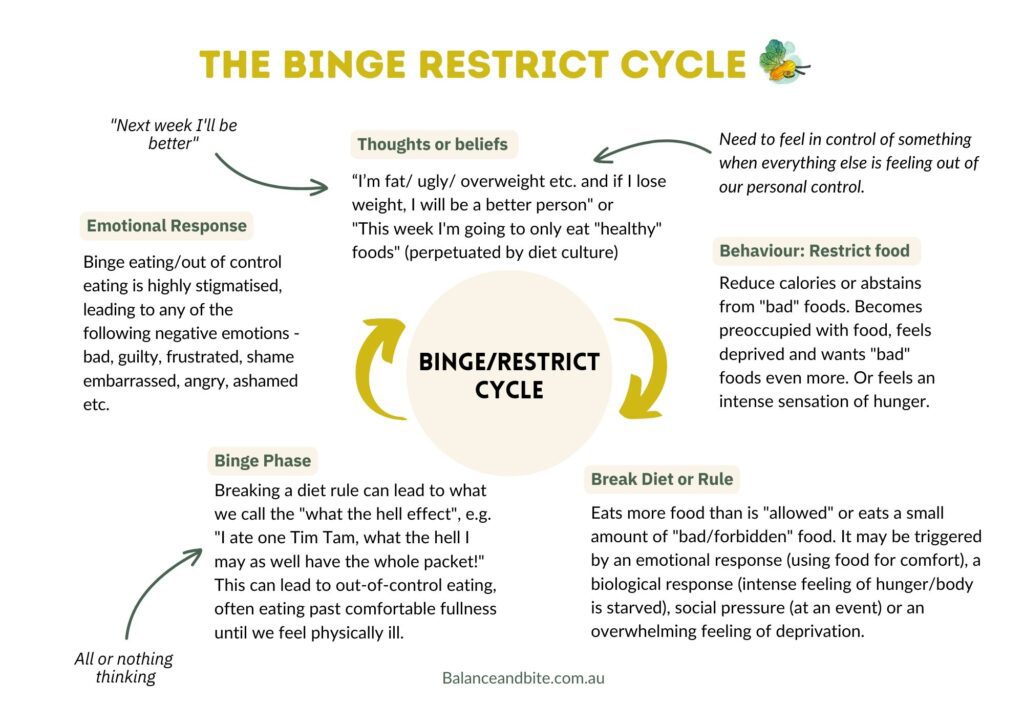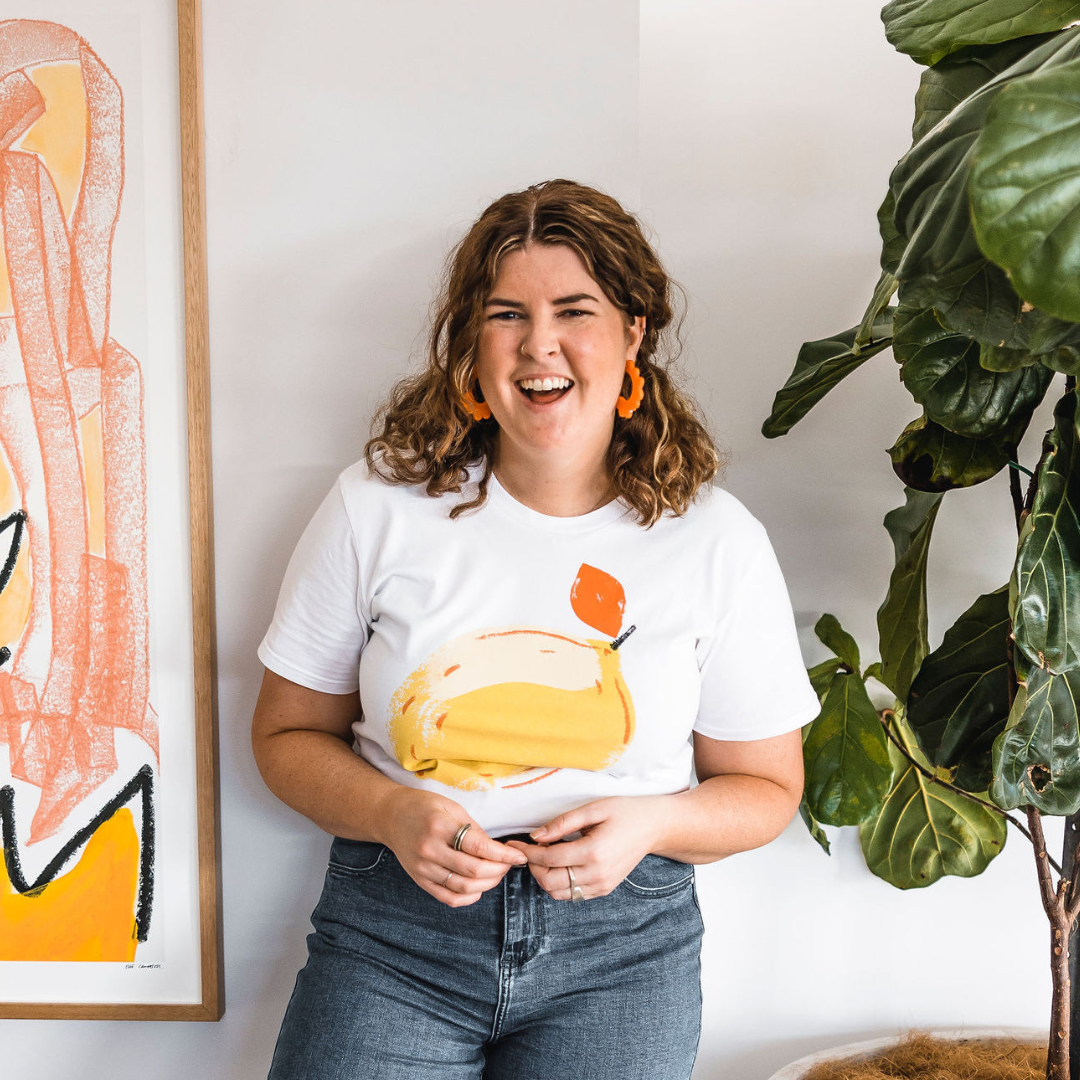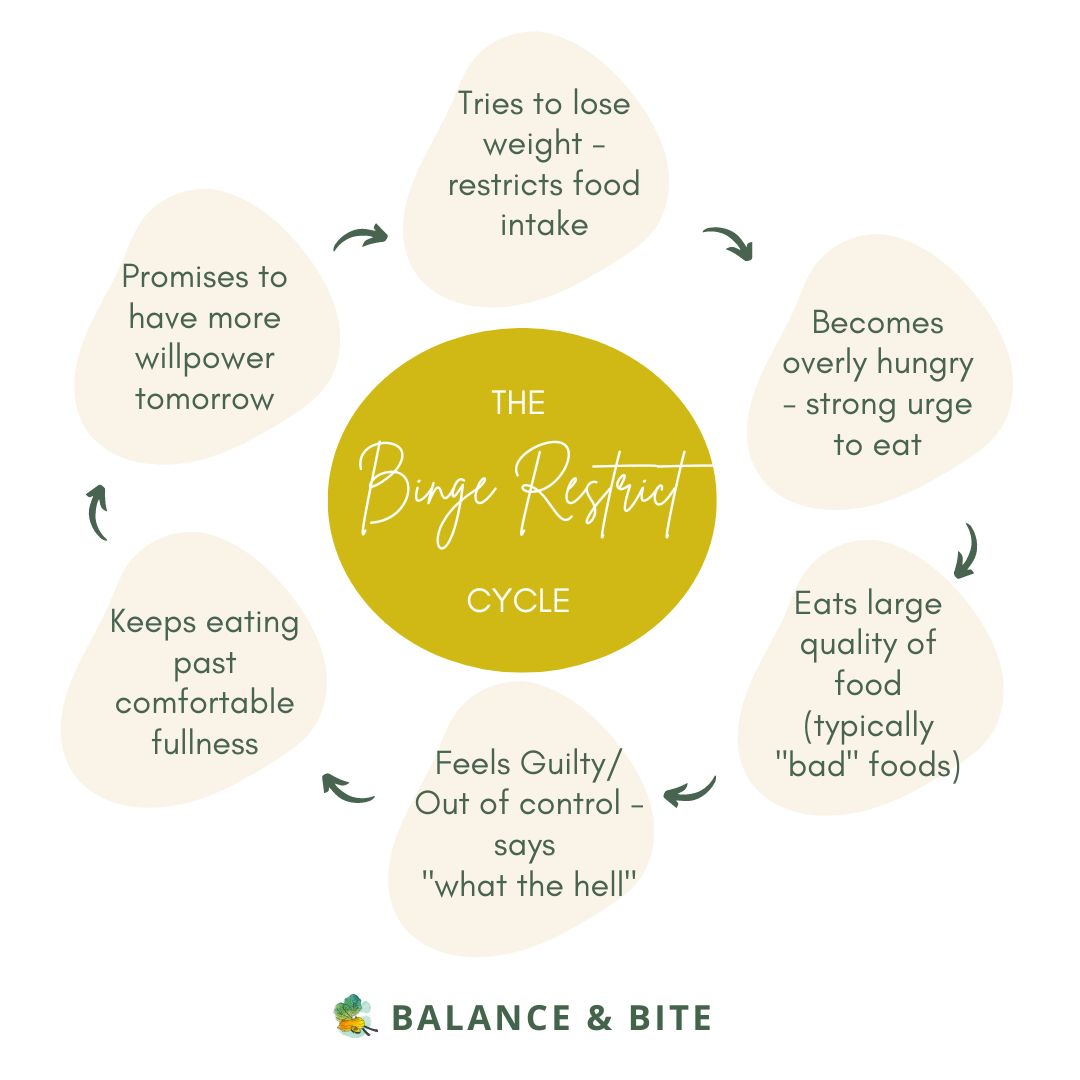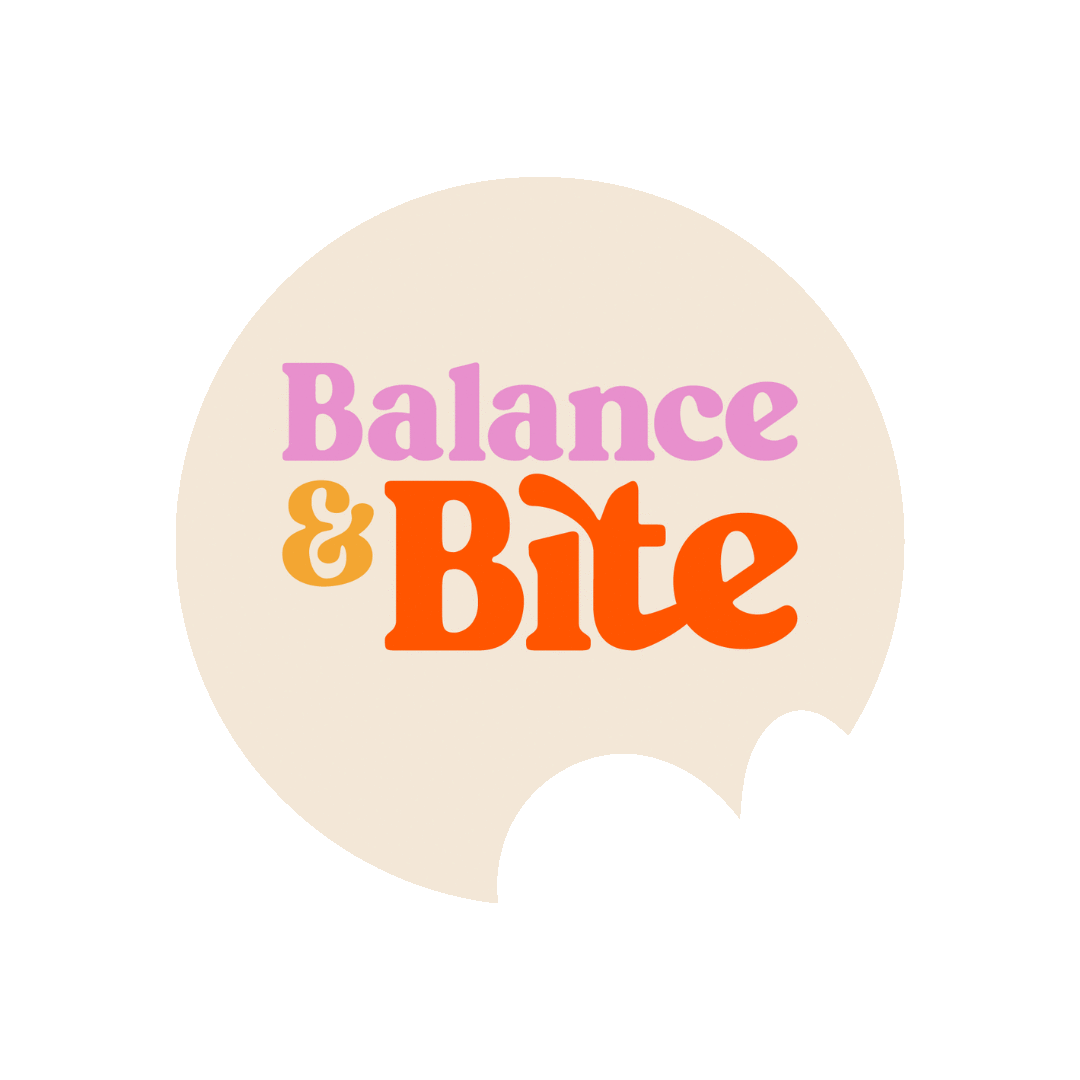Unfortunately, most of us are familiar with the binge restriction cycle in today’s weight, appearance, and health-obsessed world. It’s the concept of feeling stuck on a hamster wheel, in a whirlpool, or yo-yo-ing between two strongly opposing behaviours; food restriction and binge eating.
This cycle can be incredibly tiring – taking up most of our daily thoughts and trying to muster enough willpower to abstain from high-calorie foods or stick to our rigid food rules and timings. Perpetuating negative self-image, low self-esteem, and a strained relationship with food and body image. And, of course, we blame ourselves for flipping from one extreme to the other, using phrases like “next time, I’ll do better” or “next time, I’ll have more willpower” – keeping us stuck in the same pattern of behaviours.
While this all-or-nothing cycle is pervasive and often celebrated in diet culture, this is not a regular or sustainable way of eating. In this article, we’ll explain what is the binge restrict cycle, how it’s the perfect storm for failure and also give you tools to break free.


Let’s break down the binge restrict cycle
1. Thought/Belief
This is what we’d call the trigger to start the cycle, and it might sound something like this, “I’m fat/ ugly/ overweight etc., and if I lose weight, I will be a better person”, or “This week I’m going to *only* eat “healthy” foods”.
These thoughts and beliefs may offer a sense of control when everything else feels out of our control. They can also help us feel like we fit into the social and cultural norms perpetuated by diet culture. But unfortunately, they set us up for failure.
2. Restriction
This phase involves restricting caloric intake, avoiding certain food groups, or following rigid eating rules. However, as we reduce calories or abstain from “bad” foods, we can become preoccupied with food, feel deprived and want “bad” foods even more. We may also feel an intense hunger sensation, making it even harder to avoid these forbidden foods.
“If we restrict our calories significantly during the day, our bodies will scream for energy by the afternoon or evening.”
3. Breaks food rules
It’s inevitable, given the level of restriction, that we will eventually break our very rigid food rules, which might look like eating more food than is “allowed” or eating “bad/forbidden” food. The reason why we break them may be triggered by an emotional response (using food for comfort), a biological response (intense feeling of hunger/body is starved), social pressure (at an event) or an overwhelming feeling of deprivation.
As the body is deprived of sufficient energy and nutrients during the restriction phase, it may respond by increasing cravings, hunger, and preoccupation with food. This can lead to feelings of deprivation, anxiety, and even more obsession with food.
4. Binge Phase
Because we’re taught to have very all-or-nothing thinking around food, when we break a diet rule, we can say, “What the hell”, e.g. “I ate one Tim Tam, what the hell? I may as well have the whole packet!” This can lead to out-of-control eating, often past comfortable fullness until we feel physically ill.
5. Emotional Response
Binge eating or out-of-control eating is highly stigmatised in our society, so it’s natural to feel any of the following negative emotions following a binge episode – bad, guilty, frustrated, shameful, embarrassed, angry, ashamed etc. These emotions can exacerbate the cycle, as the individual may feel compelled to regain control by returning to the restriction phase.
6. Restart of Cycle
Unfortunately, we’re taught we’re the ones to blame, not that the system we’re following needs to be fixed and set us up for failure. As a result, we’re likely to think or say – “Next time I’ll be better”, or, “Next time I’ll have more willpower” – genuinely believing we are at fault! However, unfortunately, it doesn’t matter how much harder we try next time; we simply can’t hack our biology and human needs.


Click here for a free download
How to break the binge restrict cycle?
It’s important to preface that the binge restrict cycle looks different for everyone depending on their lived experience and current circumstances.
To stop the binge-restrict cycle, and understand why we binge eat, we need to focus on what triggers the start of *your* behaviours. In other words, what drives the need to restrict – the food type, amount or timing.
1. Intentional weight loss
For some people, a desire for thinness may set off another week of restrictive eating. In this case, it’s important to start challenging where this desire for thinness comes from and consider whether this restrictive eating approach is actually helpful. The main driver of binge eating in this scenario is hunger.
If we restrict our calories significantly during the day, our bodies will scream for energy by the afternoon or evening. With the feelings of hunger often so intense, we’ll want to get rid of this uncomfortable feeling by eating whatever is in sight and quickly.
2. Ridgid food rules
Even if someone has worked on reducing their internalised weight stigma and reduced their desire for weight loss, they may still hold strong beliefs about “good” and “bad” foods, creating a sense of restriction. If this is the case, we need to focus on reframing how we look at foods, loosening our rules, viewing all foods as equal and giving ourselves permission to eat all foods.
3. Ditch all-or-nothing thinking
Black-and-white or all-or-nothing thinking fuels the binge restriction cycle. Addressing the tendency to swing between extremes by promoting moderation and flexibility in eating behaviours helps to reduce the intensity and, ultimately, frequency of the yo-yo-ing between restriction and bingeing.
Final thoughts
If you’re stuck in the midst of the binge-restrict cycle, know that you’re not alone. Millions of Australians struggle with binge eating every day. Acknowledge that breaking the cycle alone can be challenging, and it’s ok to ask for professional support, such as therapists, registered dietitians, or eating disorder specialists, to address deeply ingrained beliefs and behaviours related to food, body image, and weight.
Looking for binge eating support?
While you can make a start on your own to reduce restriction and binge eating, it can be hard to do it on your own. Get in touch to see how we can work together and reclaim back control over food!


Erin’s an Accredited Practising Dietitian & Certified Intuitive Eating Counsellor. She uses a non-diet approach and weight-inclusive care to help her clients reclaim a healthy relationship with food and their bodies free of guilt, shame and restriction.












View comments
+ Leave a comment